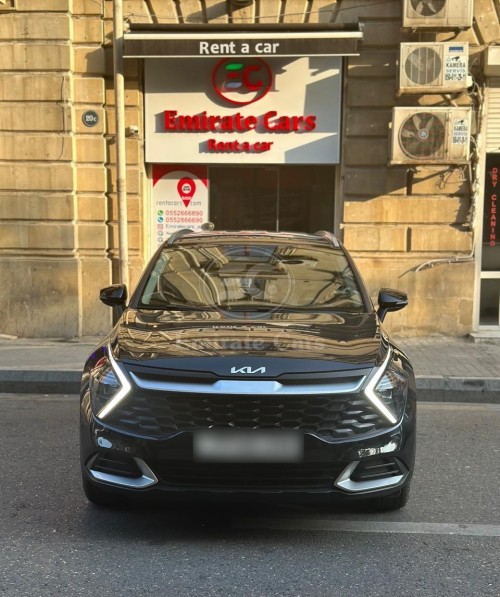The shift to electric vehicles (EVs) is accelerating, but many drivers still grapple with one burning question: What’s the real cost of juicing up an EV? The answer isn’t as straightforward as a gallon of gasoline. Charging expenses fluctuate wildly based on where you plug in, when you charge, and even the whims of your local utility company. And if you’re looking to rent a car Baku, understanding these costs could influence whether you go electric or stick with fossil fuels.
The Variables That Dictate Your Charging Bill
Unlike traditional cars, EVs don’t have a uniform “price per mile.” Instead, charging costs hinge on several factors—some within your control, others dictated by external forces.
Electricity Rates: The Unpredictable Beast
Residential electricity rates vary dramatically. In some regions, power is cheap—think hydroelectric-rich Washington State, where rates hover around 10 cents per kWh. In others, like California, you might pay triple that. Time-of-use plans add another layer of complexity. Charge during peak hours, and you’ll bleed money. Wait until midnight, and the cost plummets.
Public Charging: Convenience at a Premium
Home charging is the frugal option, but public stations? That’s where things get spicy. Level 2 chargers at shopping centers might cost a modest premium, but DC fast chargers—especially those operated by third-party networks—can be exorbitant. Some charge by the minute, others by kWh, and a few slap on idle fees if you dawdle after your battery hits full.
Battery Efficiency: Not All EVs Are Created Equal
A Hummer EV guzzles electrons like a frat party gobbles beer. A Tesla Model 3, meanwhile, sips daintily. The bigger the battery and the less efficient the car, the more you’ll pay to refill it. Cold weather worsens the problem, sapping range and forcing more frequent charges.
Crunching the Numbers: Real-World Scenarios
Let’s ditch abstractions and talk dollars. Assume an average U.S. electricity rate of 15 cents per kWh. A mid-range EV with a 60 kWh battery would cost about $9 to charge from empty to full. That’s roughly 4 cents per mile—far cheaper than gas.
But switch to a premium fast charger at 40 cents per kWh, and that same charge jumps to $24. Suddenly, the savings aren’t as eye-popping. And if you’re road-tripping and relying solely on high-speed chargers, your costs could inch uncomfortably close to gasoline territory.
Hidden Costs: The Fine Print Nobody Talks About
Home charging isn’t free if you need to install a Level 2 charger. Electricians don’t work for hugs—expect to drop
500to
500to1,200 for installation. Some utilities demand higher monthly fees for EV owners, arguing they strain the grid. And let’s not forget depreciation: batteries degrade over time, subtly increasing your cost per mile with each passing year.
For those who rent a car Baku, these nuances matter. Renting an EV might seem eco-friendly, but if charging infrastructure is sparse or pricey, the experience could leave a sour taste.
The Bigger Picture: Are EVs Still a Financial Win?
Despite the variables, EVs usually undercut gas cars on fueling costs. But the gap narrows if you’re a renter without home charging or a frequent user of premium public stations. The true cost isn’t just about electrons—it’s about lifestyle, infrastructure, and how much patience you have for hunting down the cheapest plug.

